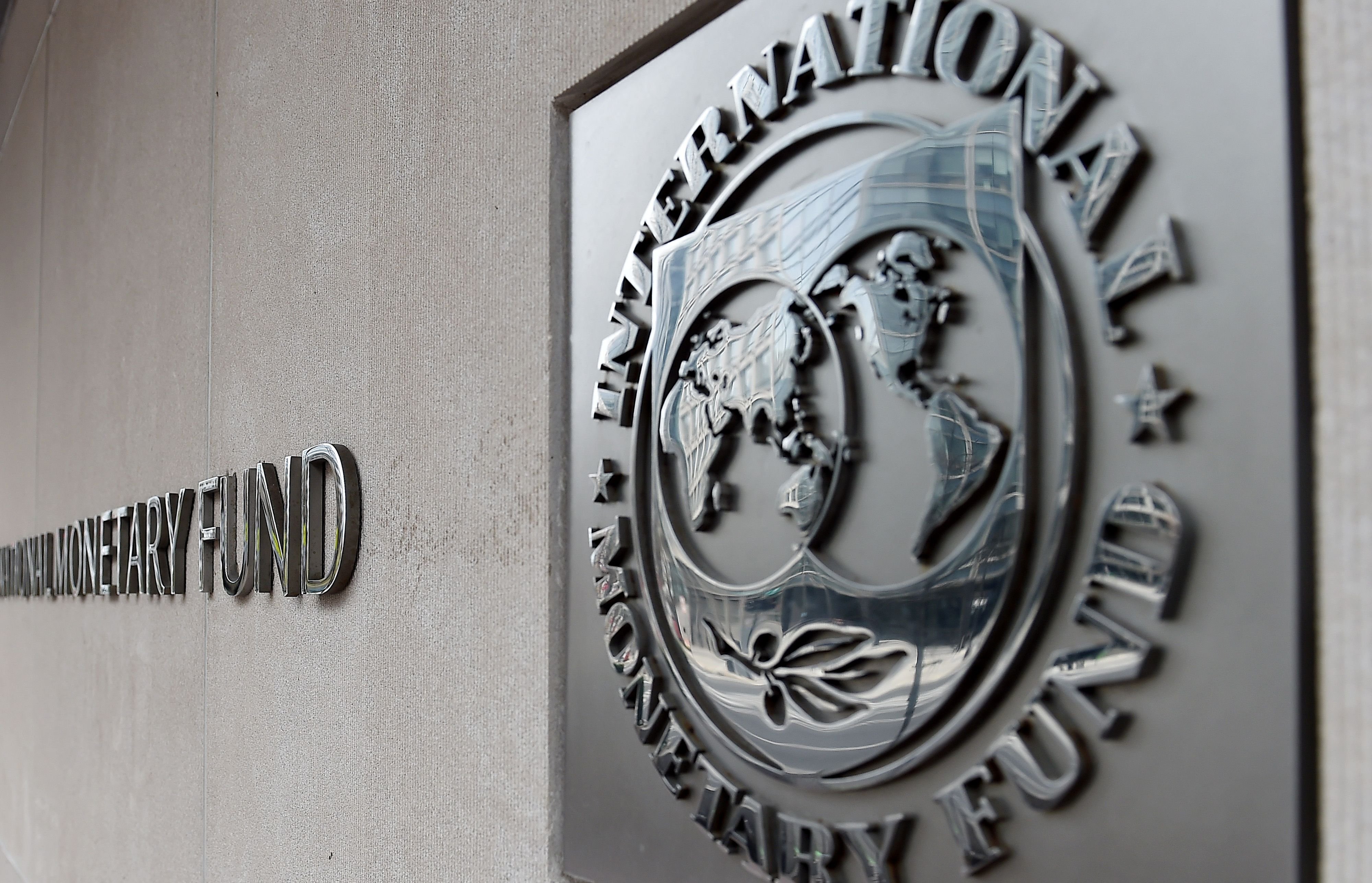

Muscat: The International Monetary Fund has praised the swift efforts and the financial measures taken by the Sultanate during the year 2020 to contain the spread of the Covid-19 pandemic and mitigate the financial impacts of low oil prices.
This came in the final statement issued by the International Monetary Fund at the end of pre-meetings for this year's Article IV consultations by experts that took place remotely in January.
IMF has been conducting these consultations with various countries.
The meetings were held with the aim of reviewing the economic developments and their expected prospects focusing on the impact of the pandemic and the drop in oil prices and associated policy priorities during the recovery period and beyond.
The experts praised the financial balance plan adopted by the Sultanate’s government, as they believe that the success of its initiatives will contribute to achieving financial sustainability, relieving funding pressures, and enhancing investor confidence. The procedures and policies followed in the fiscal balance plan will help alleviate structural weaknesses in public financial resources in addition to dependence on oil revenues and inflexible spending items.
The statement stressed that the 2021 budget includes measures to achieve the necessary financial control to achieve the plans and goals, as the Fund's estimates indicate a gradual decline in the rate of public debt to GDP, starting this year, to reach an average of less than 60 percent in the medium term.
The statement indicated that structural improvements are crucial in supporting the diversification of economic activity, and creating job opportunities for Omanis, enhancing the sustainability of public finances and the external monetary position, including the measures taken to achieve the Oman Vision 2040 by restructuring the state's administrative apparatus, strengthening the governance of state-owned enterprises, and improving procedures. Supporting labor market flexibility, strengthening corporate restructuring mechanisms, and building a strong social security network.
Experts believe that the Sultanate will achieve a positive growth this year at a rate of 1.8 percent, rising next year, steadily due to the return of commercial and investment activity, which will lead to a rapid recovery, reaching 4.7 percent at real prices.
The vaccine roll-out campaign and the easing of social distancing restrictions meant a mild recovery of 1.5 percent was projected for non-oil GDP growth in 2021, rising to 4% by 2026.
IMF also believes that the indicators of financial soundness appear to be in good condition, as the average capital adequacy ratio of banks in December 2020 reached 19.1 percent and the liquidity coverage ratio of about 200 percent, both of which are higher than the regulatory minimum with a reassuring difference. It amounted to about $15 billion.
Oman Observer is now on the WhatsApp channel. Click here



